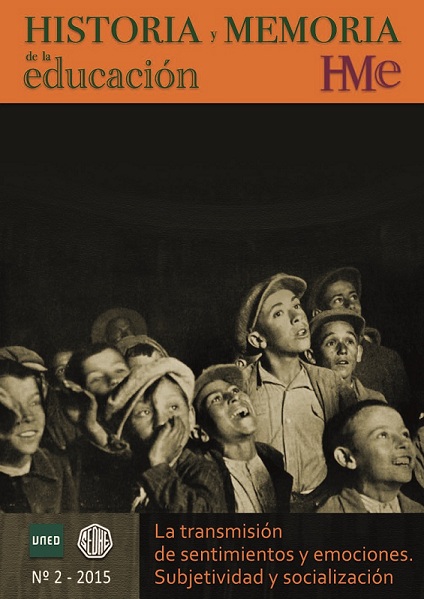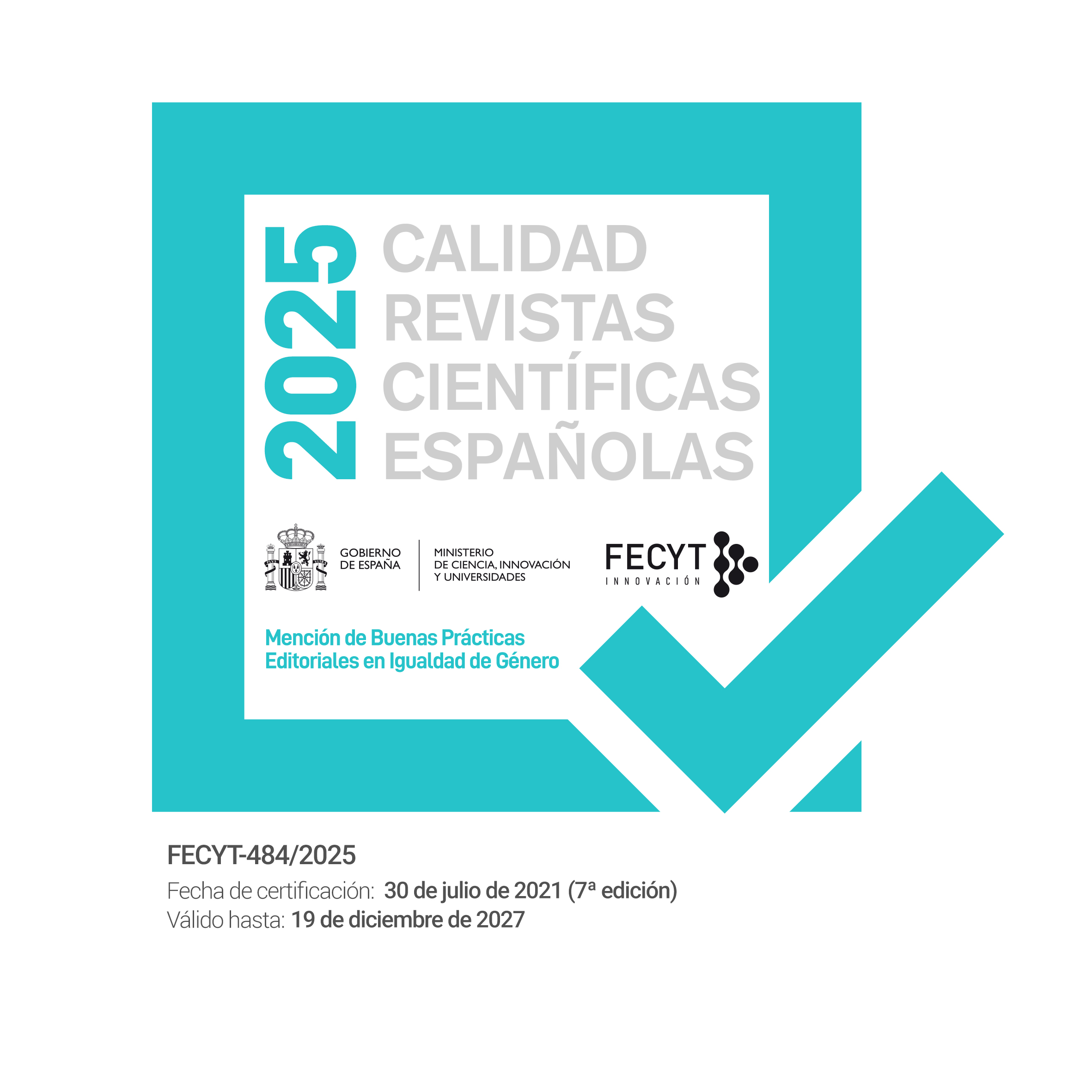The Chilean Child: Aspects of the Making of Emotional Regimes through a School Textbook (1933-1967)
DOI:
https://doi.org/10.5944/hme.2.2015.14218Keywords:
Emotional regimes, Auxiliary educational readings, Education, ChileAbstract
An accelerated expansion of school enrollment in Chile resulted in the production and circulation of reading texts thought to be suitable and edifying for young students, promoting a dynamic publishing industry. In 1933, educator and writer César Bunster, responding to that demand, published an auxiliary book of readings entitled El Niño Chileno (The Chilean Child), subject of numerous reprints and reissues, becoming a reference point for the formation of several generations of Chileans. Bunster’ book, a sort of anthology of authors of universal as well as Latin American and Chilean literature, was meant to portray a desirable profile of a student. After the success of the first editions of the work, this profile would differ by gender. This article seeks to identify, characterize and analyze some emotional topics in the selection of texts from this publication, appreciating changes and continuities over more than three decades. It enables to discern the way in which communities, groups or formal structures - such as the state - promote or discourage certain emotions, thus exercising a kind of regulatory framework, one which Peter and Carol Stearns characterized as «emocionologies». More recently, and in a more critical perspective, William Reddy has described this as the work of «emotional regimes». In frameworks such as the school system, the induction of specific emotions (or the neglect of others) would operate, inter alia, through texts used as a complement to the curriculum.
Downloads
Downloads
Published
How to Cite
Issue
Section
License
Authors who publish in Historia y Memoria de la Educación agree to the following terms:
- Authors retain copyright and grant the journal right of first publication with the work simultaneously licensed under a Creative Commons Attribution-NonCommercial 4.0 International that allows others to share the work with an acknowledgement of the work's authorship and initial publication in this journal.
- Authors are able to enter into separate, additional contractual arrangements for the non-exclusive distribution of the journal's published version of the work (e.g., post it to an institutional repository or publish it in a book), with an acknowledgement of its initial publication in this journal.
- Authors are permitted and encouraged to post their work online (e.g., in institutional repositories or on their website) prior to and during the submission process, as it can lead to productive exchanges, as well as earlier and greater citation of published work (See The Effect of Open Access).












